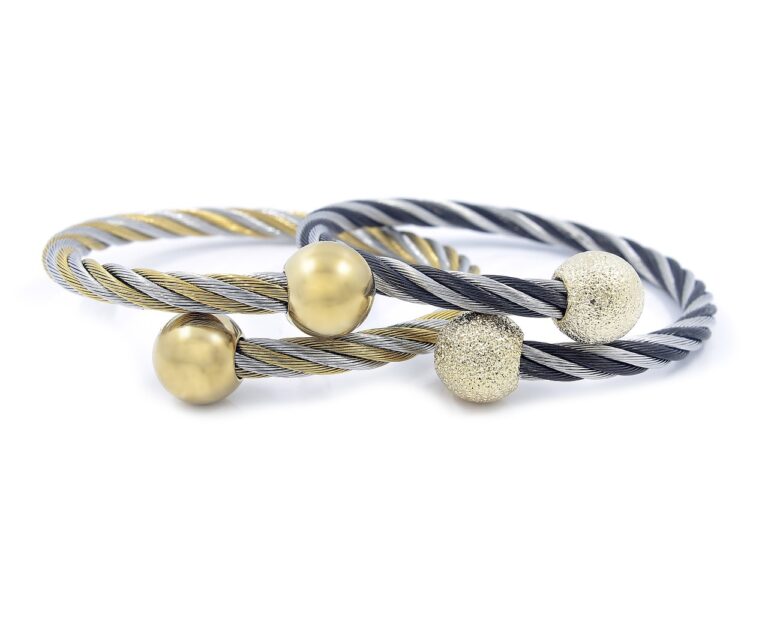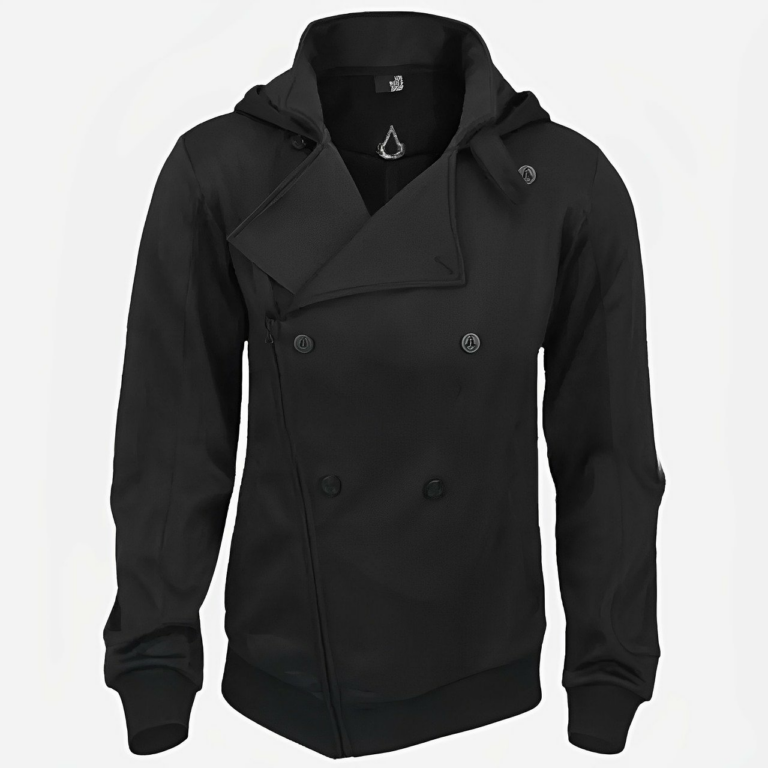Fashion and Sustainable Outerwear: Eco-Friendly Jackets and Coats
Eco-friendly outerwear commonly incorporates materials that have a minimal impact on the environment, aiming to reduce the overall carbon footprint of the garment. One prevalent material used is recycled polyester, which is derived from post-consumer plastic bottles. This innovative approach not only helps divert plastic waste from landfills but also decreases the demand for new polyester production.
Another popular sustainable material in eco-friendly outerwear is organic cotton. Grown without the use of synthetic pesticides and fertilizers, organic cotton reduces the harmful effects of conventional cotton farming on the environment. By opting for outerwear made from organic cotton, consumers are supporting a more sustainable and ethical supply chain in the fashion industry.
Benefits of Choosing Sustainable Jackets and Coats
When it comes to choosing outerwear, opting for sustainable jackets and coats can have a positive impact on both the environment and your wardrobe. By selecting clothing made from eco-friendly materials such as recycled polyester, organic cotton, or sustainable wool, you are supporting ethical and environmentally conscious practices in the fashion industry.
In addition to reducing your carbon footprint, sustainable jackets and coats are often crafted with high-quality materials that are durable and long-lasting. This not only helps to decrease the amount of clothing waste produced but also ensures that your outerwear investment will stand the test of time, saving you money in the long run.
• Sustainable jackets and coats are made from eco-friendly materials
• Support ethical and environmentally conscious practices in the fashion industry
• Reduce carbon footprint by choosing sustainable outerwear
• Crafted with high-quality materials that are durable and long-lasting
• Decrease clothing waste produced
• Ensure your outerwear investment will stand the test of time, saving you money in the long run.
Ethical Production Practices in Outerwear Industry
Ethical production practices in the outerwear industry are gaining traction as consumers become more mindful of the impact of their purchases. These practices encompass fair labor conditions, safe working environments, and the use of sustainable materials. By ensuring that workers are treated ethically and with dignity, companies can create a more transparent and responsible supply chain.
Furthermore, ethical production practices also include minimizing waste and reducing the carbon footprint of manufacturing processes. Adopting eco-friendly practices such as recycling materials and utilizing renewable energy sources can significantly reduce the environmental impact of producing outerwear. Companies that prioritize ethical production practices not only contribute to a more sustainable future but also appeal to consumers who value transparency and social responsibility.
What materials are commonly used in eco-friendly outerwear?
Eco-friendly outerwear often utilizes materials such as recycled polyester, organic cotton, hemp, and Tencel to reduce environmental impact.
What are some benefits of choosing sustainable jackets and coats?
Choosing sustainable outerwear helps to reduce waste, lower carbon emissions, and support ethical production practices in the fashion industry.
What are some ethical production practices in the outerwear industry?
Ethical production practices in the outerwear industry include fair labor practices, transparent supply chains, and commitment to environmental sustainability.







